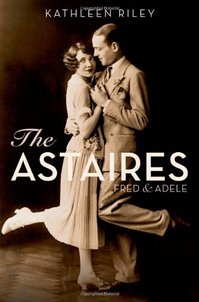(p. B15) Mr. Pomerance was a somewhat out-of-the-mainstream playwright living in London in 1977 when Foco Novo, a theater company he had founded with Roland Rees and David Aukin, began thinking about staging “The Elephant Man,” based on the true story of Joseph Merrick, a man with severe physical deformities who became a celebrity in Victorian England in the 1880s.
. . .
The resulting play invited theatergoers to contemplate, among many other themes, what is normal and what isn’t.
. . .
Mr. Pomerance was not a talkative sort. “The final impression he gives,” a Times reporter wrote in 1979, “is of a man of considerable intellectual integrity who is not prepared to compromise, in ill-considered conversation, the greater truths he seeks to express on stage.”
For the full obituary, see:
NEIL GENZLINGER. “Bernard Pomerance, 76; Wrote ‘Elephant Man’.” The New York Times (Weds., AUG. 30, 2017): B15.
(Note: ellipses added.)
(Note: the online version of the obituary has the date AUG. 29, 2017, and has the title “Bernard Pomerance, Who Wrote ‘The Elephant Man,’ Dies at 76.”)

